Research Counts
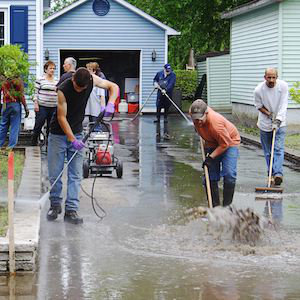
This article uses the example of the 2013 floods in Calgary to focus the importance of social capital in disaster while also illustrating how perceptions of place can change after a major event.
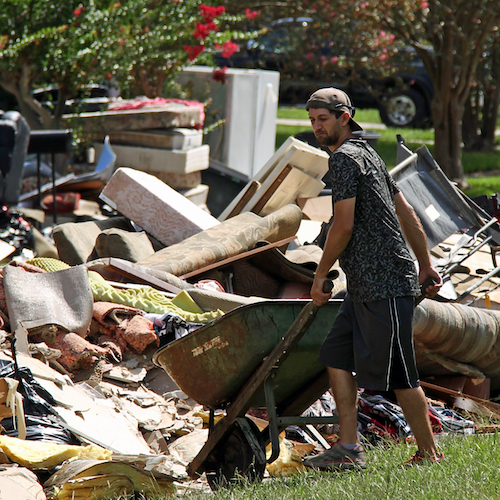
This article highlights the experiences of college students after the 2016 Louisiana floods and shows how social stratification can influence education educational and long-term outcomes and what higher education systems can do to support students during disasters.
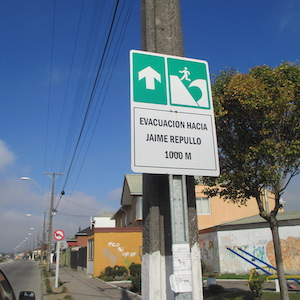
Subcultures of disasters form in areas where people experience hazards regularly. The repeated experience can create shared knowledge, solidarity, and resilience that improves response and recovery outcomes.

Hurricane Katrina left devastating impacts in New Orleans, especially in Black neighborhoods. This article explores the way bounce rap, a local music style created by Black New Orleanians in the 1990s, expressed Black communities' sentiments toward government-imposed resilience and racialized narratives of violence and neglect..
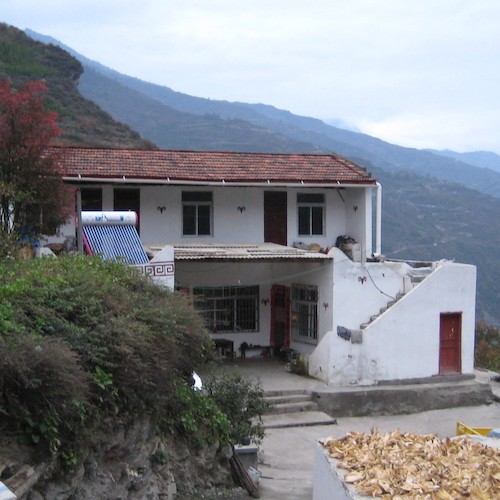
This Research Counts focuses on how survivors of the 2008 Wenchuan earthquake developed community-driven recovery strategies. These grassroots efforts led to more culturally competent rebuilding strategies, improved livelihoods, and strengthened community capacity.
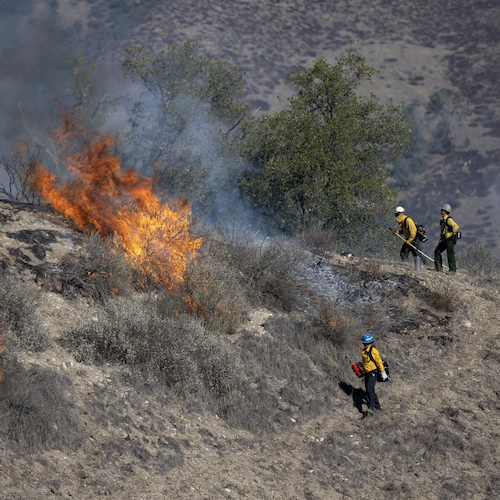
Many U.S. communities are experiencing deteriorating forest health, fuel management issues, and increasing wildfire risk. Read this Research Counts to learn about a range of strategies for a sustained, diverse, and future-ready forestry and fire workforce.
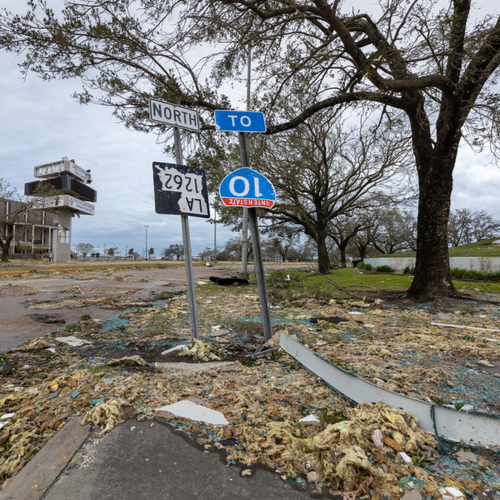
Concerns about contracting COVID-19 in a shelter environment can lead some to shelter in place, even when it’s not the safest option. Learn more in the latest Research Counts.
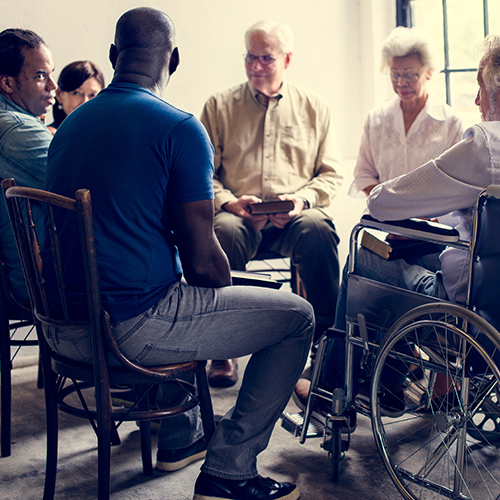
Inclusive planning that maximizes the skills and abilities of those with impairments can increase disaster resilience for the whole community.
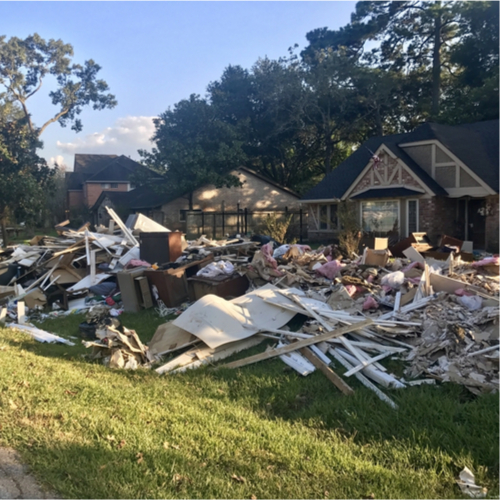
Federal programs to help individuals after disaster don’t always provide equitable recovery. This latest Research Counts article looks at how some areas are underserved.
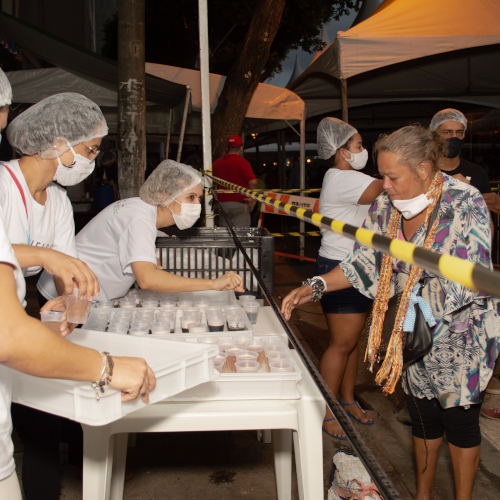
Prepping shelters during a pandemic is not business as usual. Find out how to plan ahead for a safer facility.
If you are interested in contributing to this series, please contact Natural Hazards Center Director Lori Peek directly at lori.peek@colorado.edu.
